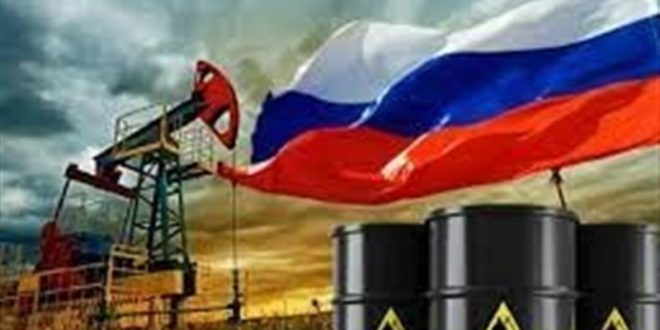AT News
Kabul: Oil prices surged on Monday as the world’s major oil-producing nations agreed to cut output at the same time as a price cap placed on Russian seaborne crude oil by the G7 and its allies came into force.
The US, Canada, the UK, France, Germany, Italy, and Japan, as well as the rest of the EU and some other Western allies, on Friday agreed to cap the price paid for Russian seaborne crude oil at $60 (£49) a barrel as part of an international campaign in response to Russia’s invasion of Ukraine.
Global benchmark Brent crude surged by up to 1.95 per cent at one point on Monday to hit $87.24 a barrel and US West Texas Intermediate gained 1.8 per cent to $81.38 a barrel, though both have since come down slightly.
Russia said it was preparing its response to the Western allies’ move, describing it as a “step towards destabilising world energy markets”.
Kremlin spokesperson Dmitry Peskov insisted the price cap would not hurt Moscow’s intentions in Ukraine. “Russia and the Russian economy have the required capacity to fully meet the needs and requirements of the special military operation,” he said.
The change in oil prices was also attributed to the decision by the Saudi-led Opec+ grouping of producing countries, which includes Russia, to stick to its policy of reducing output.
The 23-country Opec+ agreed to stick to their October plan to reduce output by 2 million barrels per day (bpd) from November through 2023.
The price cap will mean Russian oil can only be shipped to third-party countries using G7 and EU tankers, insurance companies and credit institutions if the cargo has been bought at or below the $60 per barrel cap.
The $60 figure is a compromise after two groupings within a divided EU struggled to place the price cap at two different thresholds. While some European maritime nations demanded a price cap at or above $70 a barrel, other countries called for the cap be set at or around $30 a barrel.
Eventually, negotiators set it at a price point that is close to what major buyers of Russian oil, such as India and China, are currently paying.
The price cap coincides with the EU banning seaborne imports of Russian crude from Monday.
 Afghanistan Times
Afghanistan Times




